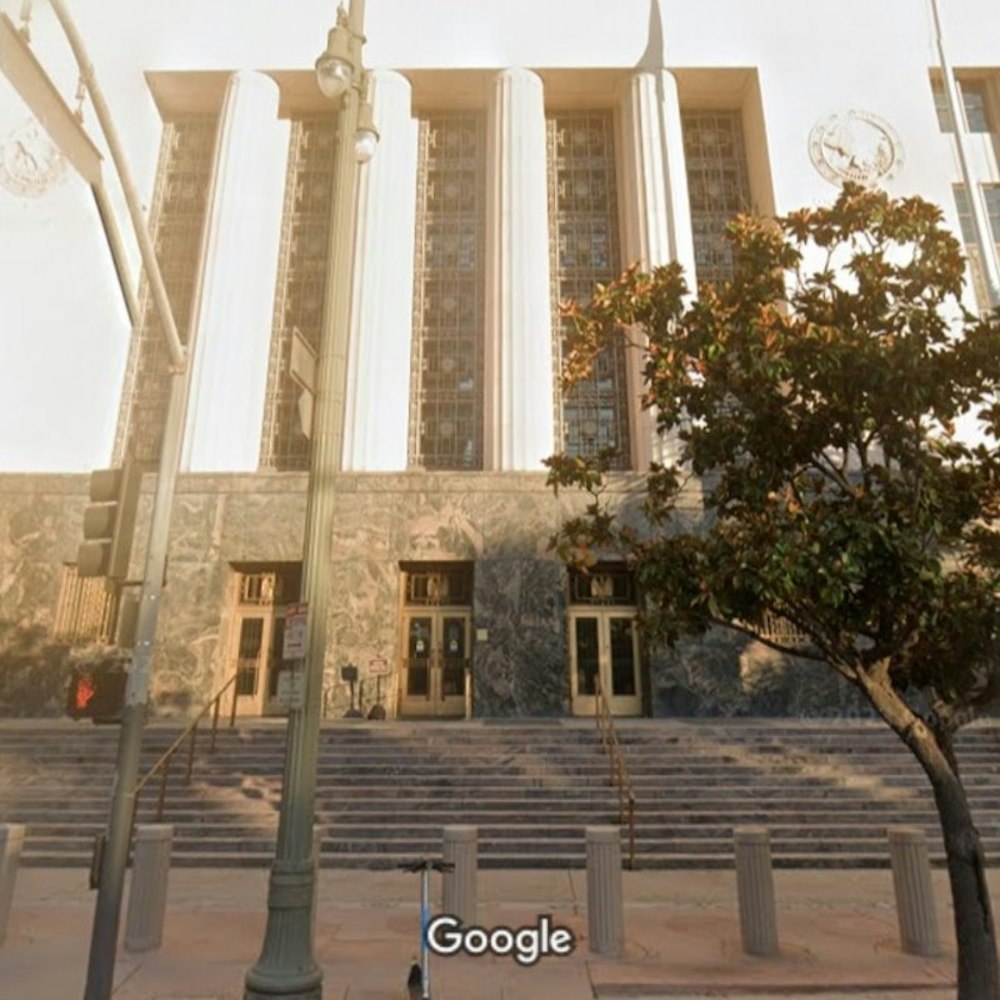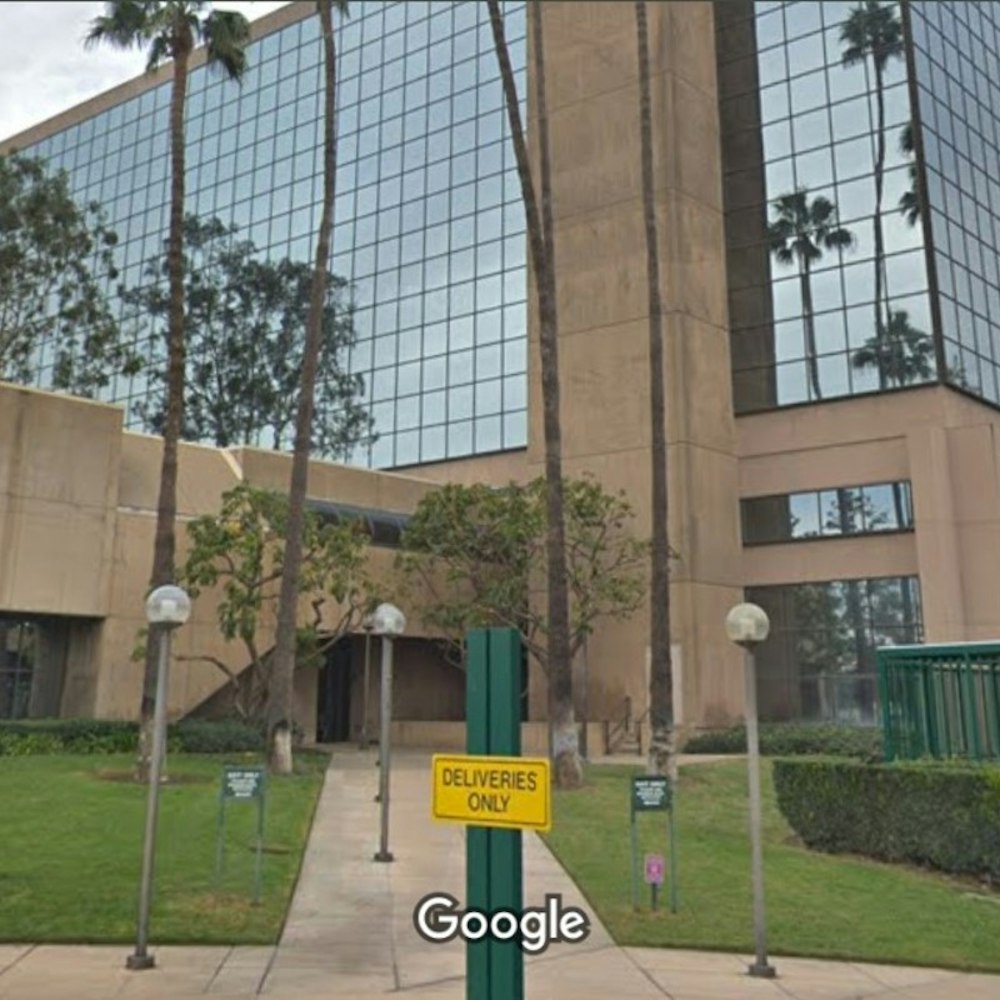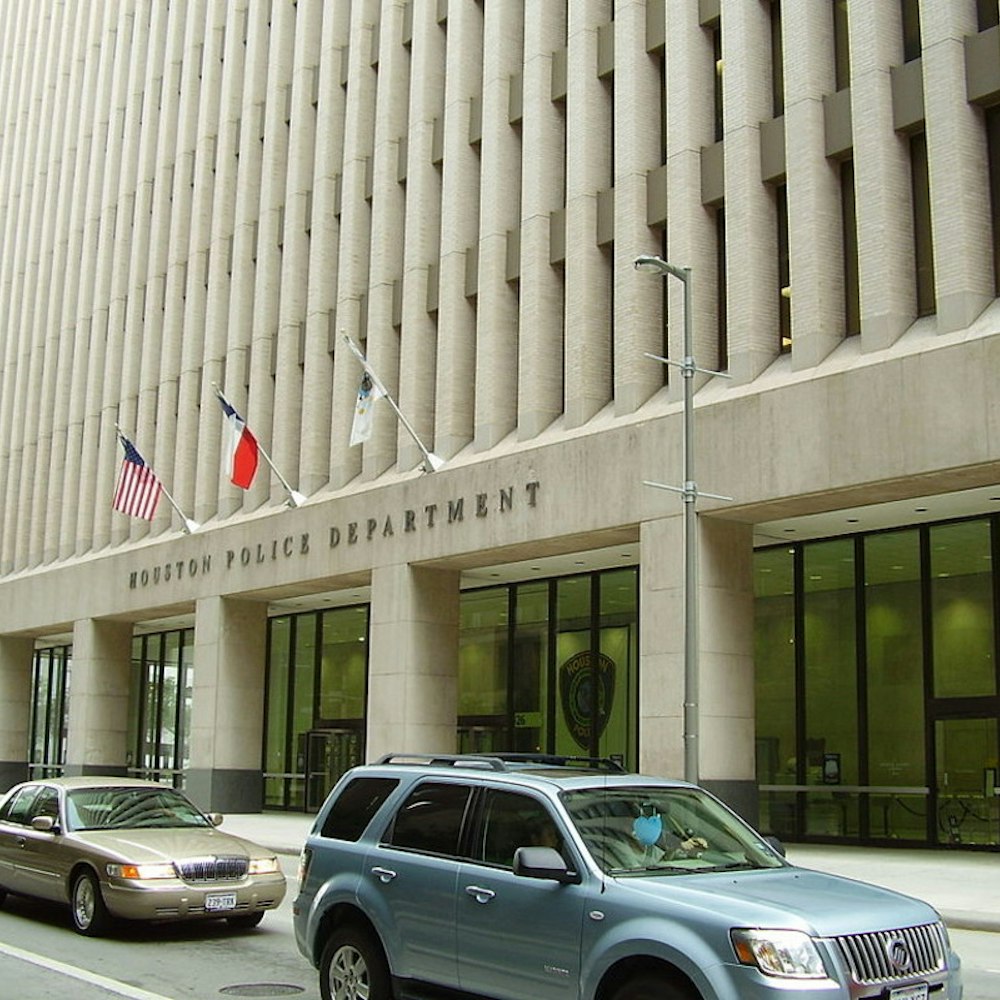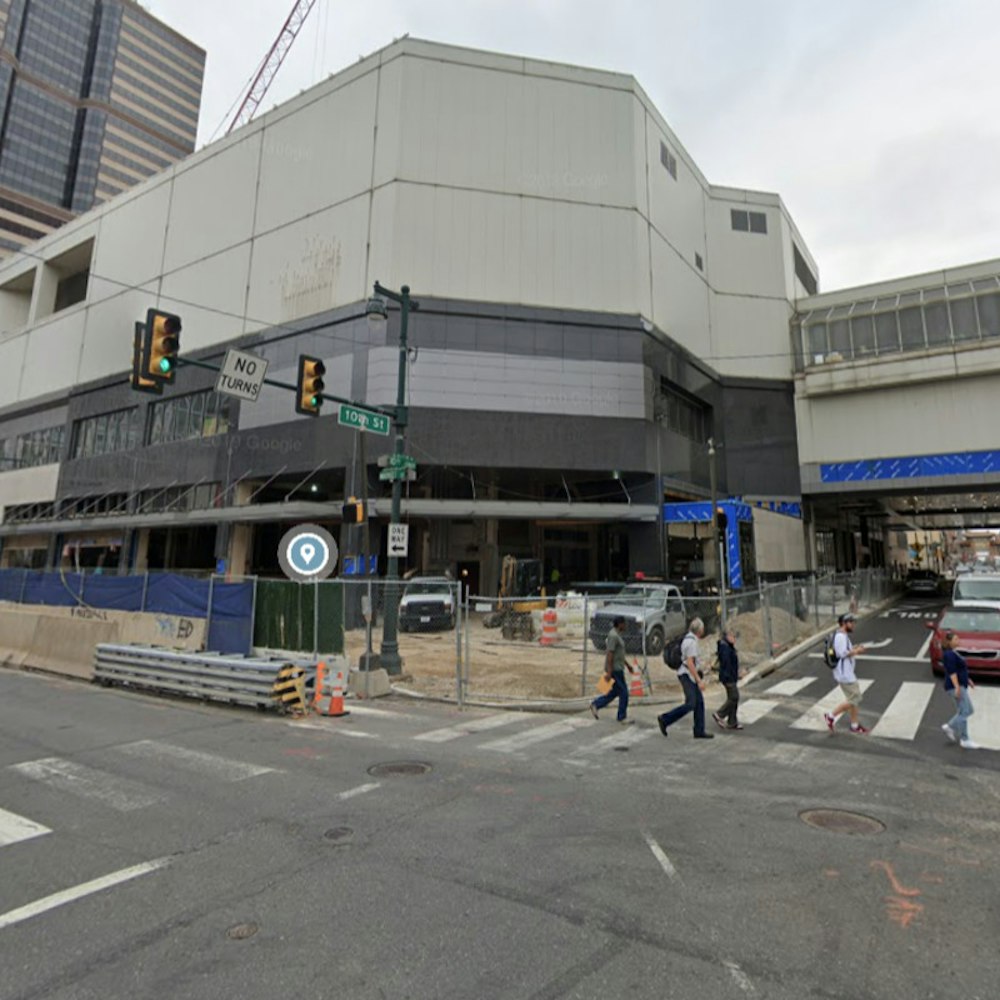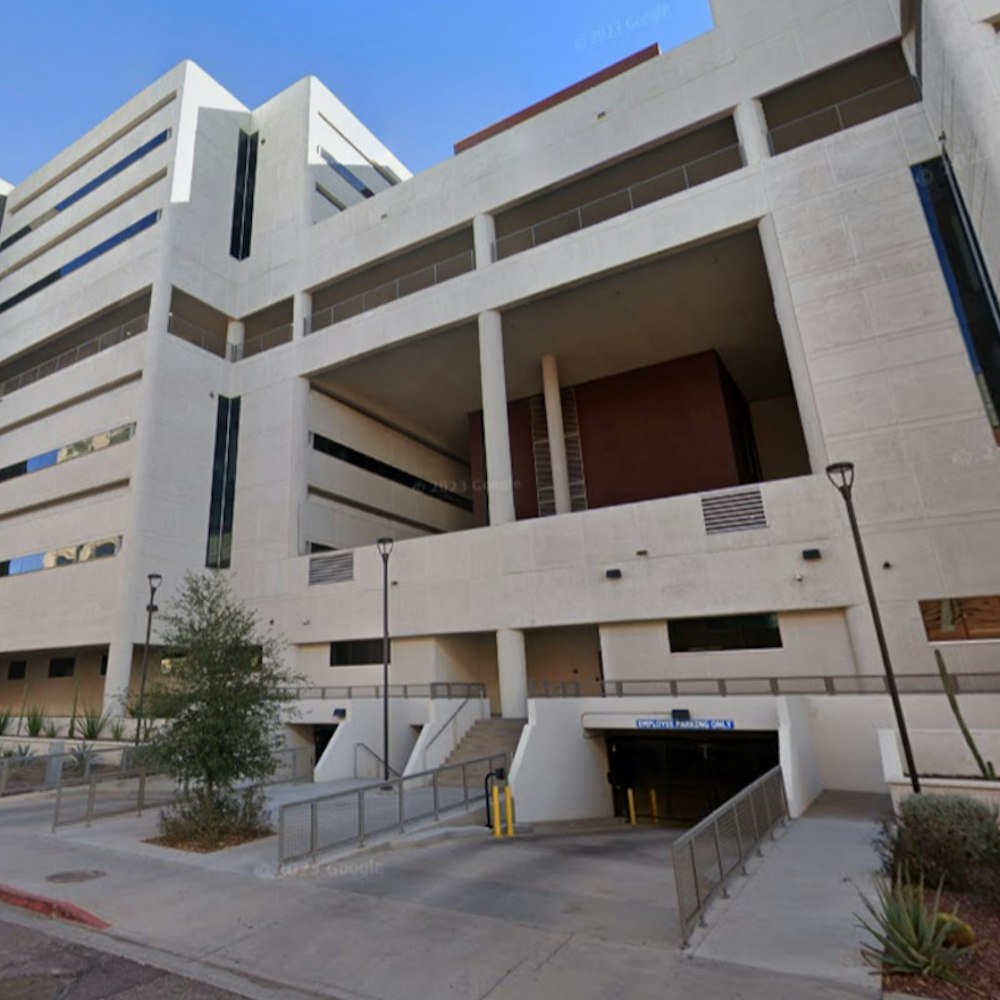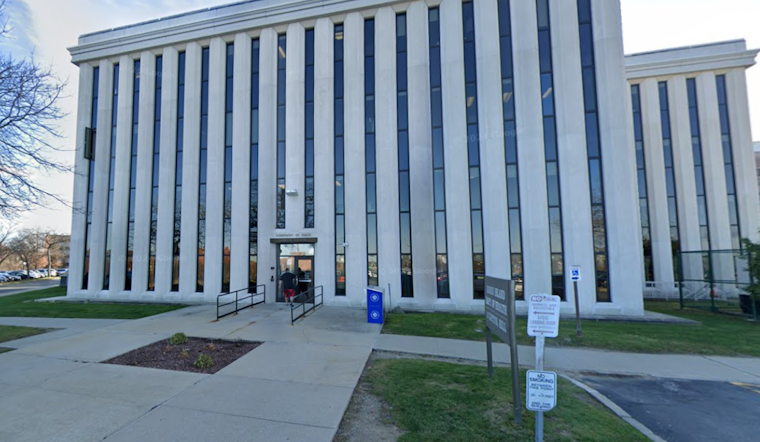
In a move aimed at bolstering the Ocean State's health defenses, Rhode Island's congressional team has bagged a $1.9 million windfall from Uncle Sam to shore up its public health infrastructure and personnel. On the receiving end is the Rhode Island Department Department of Health (RIDOH), which has been earmarked to deploy the funds to enhance its public health workforce, prop up foundational capabilities, and bring its technology and data infrastructure into the 21st century.
The federal grant was announced by the quartet of legislators—Senators Sheldon Whitehouse and Jack Reed, along with Congressmen Seth Magaziner and Gabe Amo. "We're pleased to deliver this federal funding to improve the health and well-being of Rhode Islanders and connect more patients to care, including preventative care," said the delegation in a joint statement. "RIDOH and their health partners work hard to keep our communities healthy. This federal funding will help meet critical health infrastructure and workforce needs. It is a smart investment in ensuring the state has the systems, services, and staffing it needs to protect and promote public health", as per Senator Sheldon Whitehouse's Office.
This injection of federal funds comes at a time when states across the country are grappling with the enduring impacts of the COVID-19 pandemic, not to mention the perennial challenges of providing adequate health care. Rhode Island's leaders are banking on these newly acquired resources to deliver a much-needed shot in the arm for the state's public health systems.
State health officials have yet to detail the specific initiatives the monetary infusion will underwrite. However, given the broad objectives set by congressmen, it's expected that a significant portion of the loot will be channeled into hiring additional healthcare staffing and upgrading physical health infrastructure. Ultimately, these investments are set on equipping Rhode Island with the capacity to fend off future health scares and ensure residents have access to the care they need.

